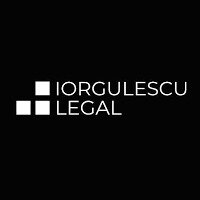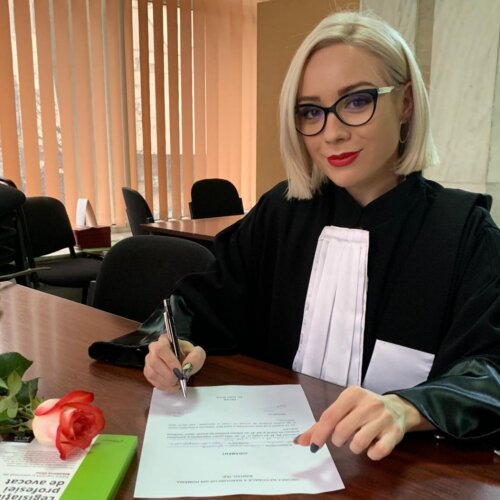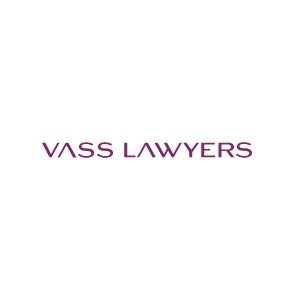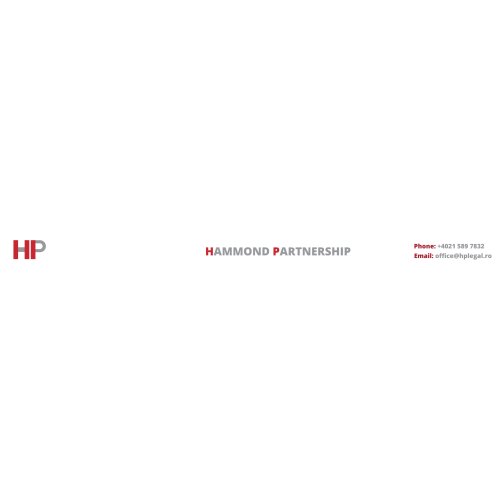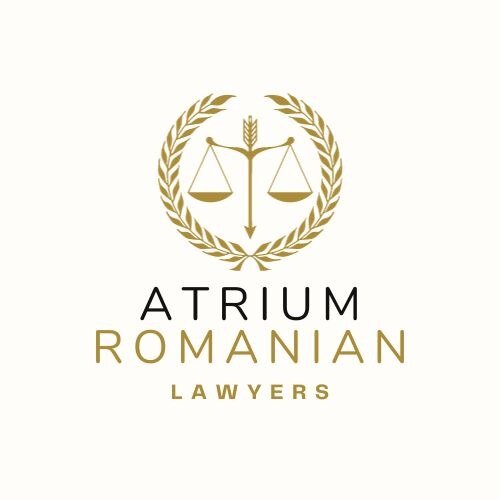Best Sanctions & Export Controls Lawyers in Romania
Share your needs with us, get contacted by law firms.
Free. Takes 2 min.
Or refine your search by selecting a city:
List of the best lawyers in Romania
About Sanctions & Export Controls Law in Romania
Sanctions and export controls in Romania form a critical part of the country's legal framework governing international trade, national security, and foreign policy. These laws are designed to regulate and sometimes restrict the export of goods, services, and technology that could have dual uses - both civilian and military - or that may contribute to activities contrary to Romania's international commitments. As a member of the European Union, Romania implements both EU-wide sanctions as well as international measures adopted by organizations such as the United Nations Security Council. The primary purpose of these controls is to prevent the proliferation of weapons, combat terrorism, and support international peace and security.
Why You May Need a Lawyer
Engaging a lawyer with expertise in sanctions and export controls is essential in several situations. For example, if you are a Romanian business involved in cross-border trade - especially in sensitive sectors such as technology, chemicals, or defense - you may need guidance to ensure compliance with applicable regulations. Mistakes in understanding export restrictions can result in significant penalties, including fines, loss of business licenses, and potential criminal charges. Lawyers can also assist when dealing with government investigations, contesting blacklisting or designation under sanctions, or navigating the complex licensing process required for controlled exports. Anyone planning to do business with sanctioned countries, persons, or entities also requires legal advice to avoid unintentional violations.
Local Laws Overview
Romania’s approach to sanctions and export controls is shaped by its membership in the European Union and its alignment with international standards. The main legal instruments are:
- The EU Common Foreign and Security Policy (CFSP) regulations, which apply directly in Romania.
- National legislation such as Law no. 215-2016 on the management of export control of dual-use items and military products.
- Government Emergency Ordinance no. 158-1999 regarding the control regime of exports, imports, and other operations with strategic products and technologies.
- Penal Code provisions imposing sanctions for breaches of export control and sanction regulations.
- Orders and decisions from the National Agency for Export Controls (ANCEX), the primary regulatory authority in this field.
These laws regulate which goods, software, and technology items need authorization for export, how licenses are granted, and provide lists of embargoed destinations and prohibited partners. Recent years have seen increased enforcement and heightened scrutiny, especially in response to shifting geopolitical situations.
Frequently Asked Questions
What are dual-use goods and why are they regulated?
Dual-use goods are items, technologies, or software that can be used for both civilian and military applications. They are regulated to prevent misuse in activities that might threaten national or international security.
Which Romanian authority oversees export controls and sanctions compliance?
The National Agency for Export Controls (ANCEX) is the main body responsible for managing and supervising compliance with export control laws in Romania.
Do all exports from Romania require government authorization?
No, only specific goods, technologies, or services considered sensitive or listed as dual-use or military items require an export license from ANCEX.
What are the penalties for violating export control or sanctions laws?
Violations can result in administrative fines, revocation of business licenses, confiscation of goods, and, in severe cases, criminal prosecution and imprisonment.
How do I know if a country or person is subject to sanctions in Romania?
You must check regularly updated lists of sanctioned countries, persons, and entities published by ANCEX and the European Union. Legal advisors can assist with due diligence.
Can sanctions or export controls impact financial transactions?
Yes, financial transactions involving sanctioned entities or for prohibited purposes may be blocked or lead to regulatory penalties.
What is the process for obtaining an export license in Romania?
Exporters must submit detailed applications to ANCEX, specifying the goods, end-use, end-user, and destination country. Supporting documents and end-user certificates may be required.
Are there exemptions or exceptions to export controls in Romania?
Some limited exemptions apply, such as for humanitarian purposes, but these are strictly regulated and usually require case-by-case approvals.
What steps should a Romanian company take for compliance?
Companies should implement internal compliance programs, regularly train staff, conduct due diligence on partners, and stay updated on legal changes with help from specialized legal counsel.
Can individuals be prosecuted for breaching sanctions or export controls?
Yes, individuals can be personally liable and subject to criminal prosecution, in addition to company-level penalties, for non-compliance.
Additional Resources
If you need further information or wish to stay updated, the following resources may be useful:
- National Agency for Export Controls (ANCEX) - The main Romanian authority for export controls and sanctions enforcement.
- Romanian Ministry of Foreign Affairs - Provides updates on foreign policy, including international and EU sanctions.
- European Commission - Directorate-General for Trade - Offers comprehensive guidance on EU-wide export controls and sanctions.
- United Nations Security Council Sanctions Committees - Reference for international sanctions enacted by the UN.
In addition, consider consulting sector-specific industry associations, chambers of commerce, or engaging with specialized legal practitioners for the latest developments.
Next Steps
If you believe you require legal assistance regarding sanctions and export controls, start by gathering all relevant documents related to your transactions, including contracts, commercial invoices, and correspondence with foreign partners. Conduct a preliminary internal review of your activities to identify potential risks. Next, schedule a consultation with a Romanian legal expert specializing in sanctions and export control law. Prepare a list of questions specific to your situation and be ready to discuss your business model, supply chains, and export markets in detail. Timely legal advice can prevent costly mistakes and ensure your operations are fully compliant with all applicable Romanian, EU, and international laws.
Lawzana helps you find the best lawyers and law firms in Romania through a curated and pre-screened list of qualified legal professionals. Our platform offers rankings and detailed profiles of attorneys and law firms, allowing you to compare based on practice areas, including Sanctions & Export Controls, experience, and client feedback.
Each profile includes a description of the firm's areas of practice, client reviews, team members and partners, year of establishment, spoken languages, office locations, contact information, social media presence, and any published articles or resources. Most firms on our platform speak English and are experienced in both local and international legal matters.
Get a quote from top-rated law firms in Romania — quickly, securely, and without unnecessary hassle.
Disclaimer:
The information provided on this page is for general informational purposes only and does not constitute legal advice. While we strive to ensure the accuracy and relevance of the content, legal information may change over time, and interpretations of the law can vary. You should always consult with a qualified legal professional for advice specific to your situation.
We disclaim all liability for actions taken or not taken based on the content of this page. If you believe any information is incorrect or outdated, please contact us, and we will review and update it where appropriate.
Browse sanctions & export controls law firms by city in Romania
Refine your search by selecting a city.





